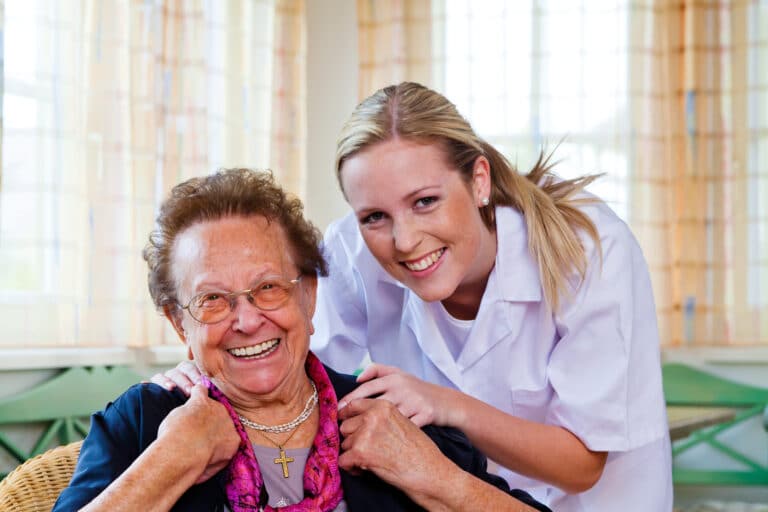
Unfortunately, when someone develops dementia or another neurodegenerative condition, it can lead to sundowning. This is a symptom of the disease. However, it is more like a condition itself. Sundowning happens in the late evening or during the night. Someone who displays sundowning will have behavior changes that worsen during these hours.
The good news is there are some tips that family caregivers and in-home care providers use to help prevent or reduce the symptoms of sundowning in the elderly.
Having a Light and Easy Dinner
One of the ways that you can help to reduce sundowning symptoms in your elderly loved one is to give them a light and easy dinner. The more your elderly loved one eats later in the evening or the heavier foods they eat, the harder it will be for their body to digest. When the body is still digesting foods, it can cause an upset stomach, cramping, and overall irritability. If your elderly loved one has dementia or a similar disease, they may not know how to express this discomfort, so it may come out in various behaviors.
Staying Busy
Your elderly loved one may have sundowners symptoms in varying degrees. However, one of the ways that you and home care providers can help to reduce their symptoms is by keeping them busy. The more your elderly loved one just sits around, the more likely it is that their mind will go haywire and negative behaviors will develop as a result of that. If possible, you and the in-home care providers should work together to keep your elderly loved one on a somewhat busy or productive schedule throughout the day. That way, later in the day their body and mind are tired out, so they can sleep at night.
Simple Environment
If your elderly loved one has sundowners, you and the senior care providers should do what you can to keep their environment simple. For example, if your elderly loved one has a lot of clutter in their home, it may be best to try organizing it and keeping things in place. In addition, if there are a lot of things that cause shadows in the home, it may be best to rearrange things or get rid of some stuff. Shadows often aggravate people who have this condition.
Conclusion
These are some of the tips for preventing and reducing symptoms of sundowning in the elderly. Now that you know about these tips, you can start helping your elderly loved one. Hopefully, with these tips, your elderly loved one won’t have symptoms that are quite as severe if they do experience sundowning.
If you or an aging loved-one are considering In-Home Care in Greensboro, NC please contact the caring staff at Affordable Family Care. Serving Raleigh, Greensboro, and the surrounding areas in North Carolina. Call today 919-676-1070.
Sources
https://www.nia.nih.gov/health/tips-coping-sundowning
- The Benefits Of Home Care For Seniors With Arthritis - April 9, 2025
- Does Your Mom or Dad Need 24-Hour Home Care? - March 27, 2025
- Why Sun Protection Is So Important For Seniors - March 7, 2025







